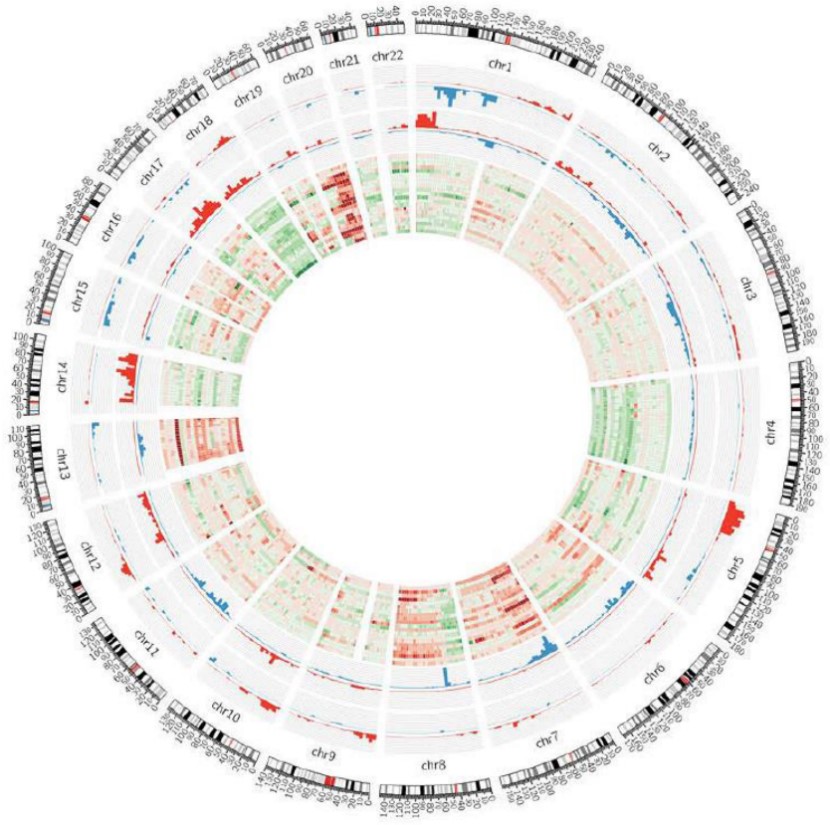Introduction
Cancer metastasis is a very complex process, and the detailed mechanism is still unclear. Most of the studies focus on comparing the relationship between the primary site and the metastatic site. Few studies focus on the recurrence or metastasis from the metastatic site, and predict the treatment after liver tumor resection in patients with colorectal liver metastases. There are fewer studies on effect models. In this study, Genome-wide DNA copy-number alteration (CNA) was used to study 21 pairs of normal liver tissues and tumor tissues of patients with colorectal cancer liver metastases after liver tumor resection. Three genes (S100PBP, CSMD2 and The combination of TGFBI) can predict the recurrence and survival of patients with colorectal cancer liver metastases after liver tumor resection, and the same predictive effect was found by comparing the data of CRCLM cohort GSE63490 from GEO (Gene Expression Omnibus).
Features / strengths
This product is a diagnostic biomarker, and can be used with the biomarker disease algorithm to evaluate the risk of recurrence in patients with colorectal cancer liver metastases. Patients with high risk of recurrence and metastasis should receive active treatment and intensive follow-up after surgery to increase patient survival. Time, low-risk patients can reduce unnecessary medical expenses and improve the quality of life of patients. The research results are being patented, and an international seminar and SCI papers have been published, making the research and development results both commercial and academic value.
Specification in detail


